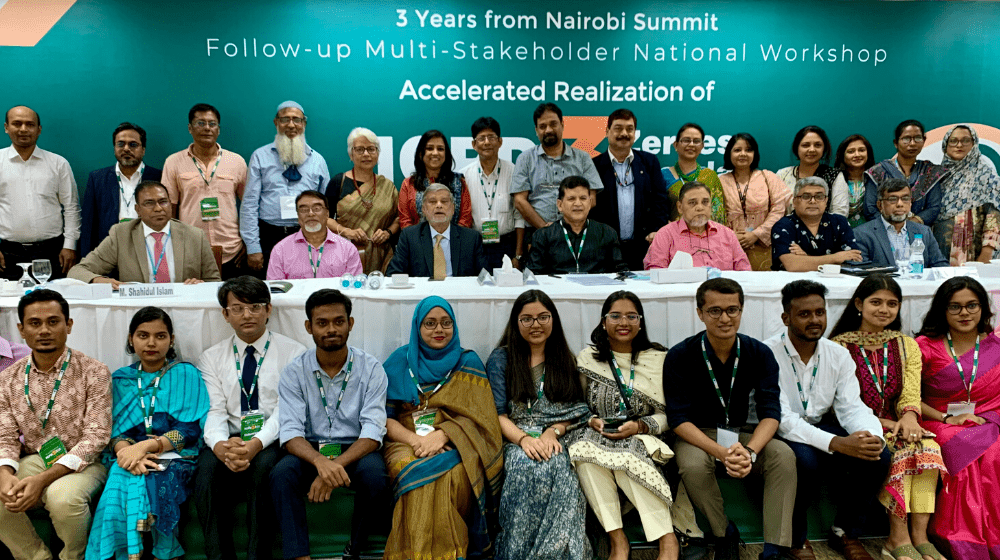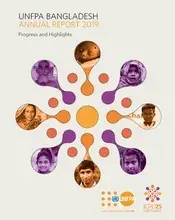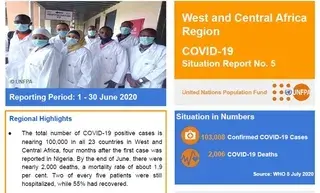A multi-stakeholder workshop has been arranged on Wednesday, 14 September 2022 at Bangabandhu International Conference Center (BICC) by Power and Participation Research Centre (PPRC) and The United Nations Population Fund (UNFPA). The event brought together policy-makers, academia, technical experts, field-level departmental representatives, civil society organizations and the media to promote a specific commitment to reaching The International Conference on Population and Development (ICPD) goals within this decade. Experts concluded that continuity of policy commitments to population management, women’s empowerment, ground realities and innovative communication were keys to Bangladesh’s success in population management. Going forward, these are the enablers we need to keep in mind.
The ICPD of 1994 shifted the paradigm in population policy from bureaucratic notions to empowering conditions. In 2019, ICPD25 reset the action plan with a focus on 3 zeroes –zero ‘unmet need’ for Family Planning and Sexual and Reproductive Health, zero preventable maternal mortality and zero gender-based violence and harmful practices including child marriage.
Despite being an epitome of success in population management, Bangladesh still has some hurdles on the way to achieving these goals. The Covid-19 pandemic has worsened the systematic problems and global attention has recently drifted away. Hence, in order to ramp up engagements on the Plan of Action, PPRC and UNFPA have initiated a policy advocacy partnership.
The inaugural session began with welcome speeches from Mohammad Abdul Wazed of PPRC and M Shahidul Islam of UNFPA. In the keynote presentation, Professor Mainul Islam explained the context of ICDP and stressed on proper follow-up. He said, “During the pandemic, service sector at grassroots was hindered, and hence the implementation of ICPD goals was hindered.”
Hossain Zillur Rahman carried forward the presentation and focused on the urgency of revisiting and updating the National Population Policy 2012. Moreover, he said that “Realizing that this is a multi-stakeholder issue, we need actual conversations of trust within the society.”
Prof. Dr. Md. Habibe Millat, MP was present at the workshop as Special Guest. He said, “The 3 issues are related. Once child marriage happens, early pregnancy, maternal mortality and gender-based violence happen. One cannot separate social problems in an isolated view.”
Ms. Kristine Blokhus, Country Representative of UNFPA sent a recorded speech as Special Guest where she expressed her hopes that this convention will help Bangladesh reach national coordination. “I sincerely hope this workshop will reenergize stakeholders. We can get there, leaving no one behind,” she concluded.
M. A. Mannan, MP, Honorable Minister for Planning was present as Chief Guest and, in his speech, he told, “Incentives and social stakes are crucial to engaging stakeholders in social issues. Underprivileged people are left out of conversations, target groups are often not communicated to. We need to think if actions are truly inclusive.”
After the inauguration, the participants were divided into four breakout sessions, each focusing on one specific goal of ICPD25. In the group presentations that followed, suggestions were proposed to focus on marginalized communities and cause-specific approaches. For proper SRH and FP, the community-to-health centre linkage is needed. The involvement of men in family planning and the eradication of gender-based violence is crucial. To reduce maternal mortality, experts suggested the lifecycle approach of women's health.
In the concluding ceremony, Dr. Vibhavendra Singh Raghuvanshi, Chief of Health, UNFPA Bangladesh, stressed law implementation to reduce gender-based violence (GBV) and said that “We need this mechanism of ensuring that not even a single case of GBV will go unpunished, and this can be done immediately.” In terms of Family Planning, he focused on the need to invest in long-term reversible programs.
Ms. Aroma Dutta, MP, in her speech as Special Guest, said “Bangladesh has been successful in reducing population but shrinking resources need better utilization.” She used examples of innovative investments in young girls to ensure the empowerment of women.
In his speech as Chief Guest, Dr Shamsul Alam, State Minister for Planning said, “We need to incorporate women in market-based activities. That is the best indicator to analyze women empowerment.” He further said that these goals are very much achievable and concluded his speech on an optimistic note.
The workshop created a renewed enthusiasm among all stakeholders to accelerate the realization of the 3 zeroes agenda.





